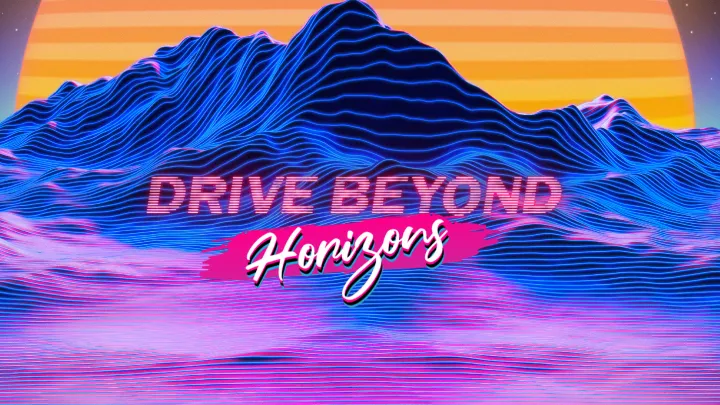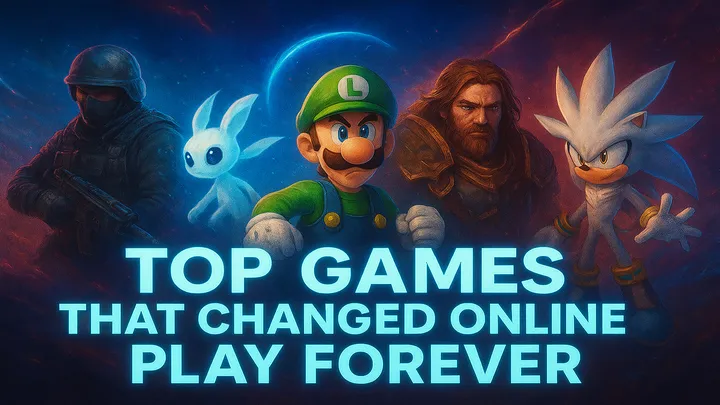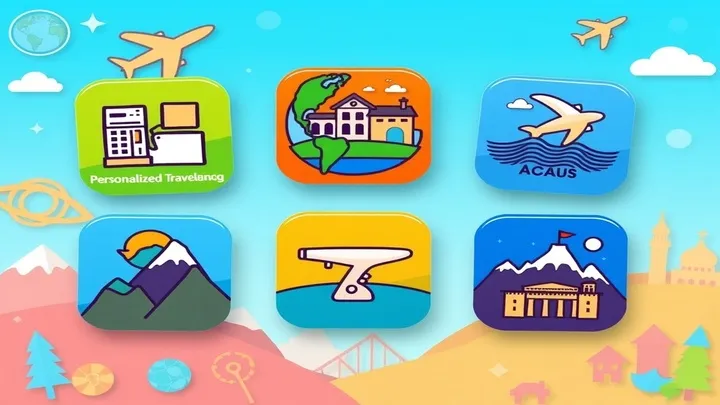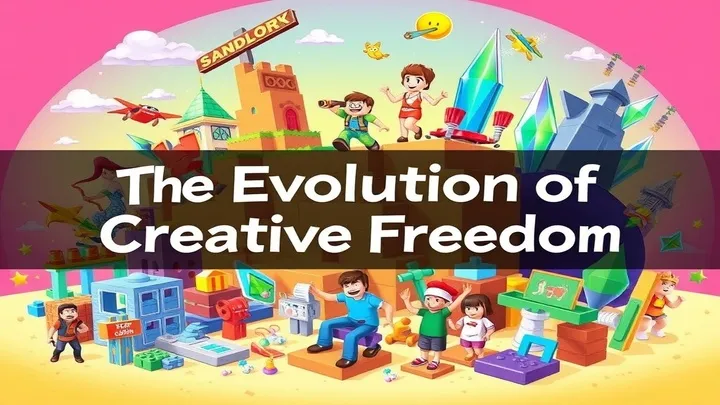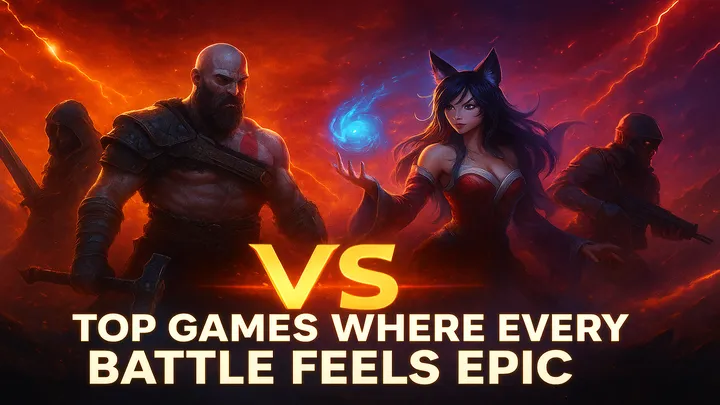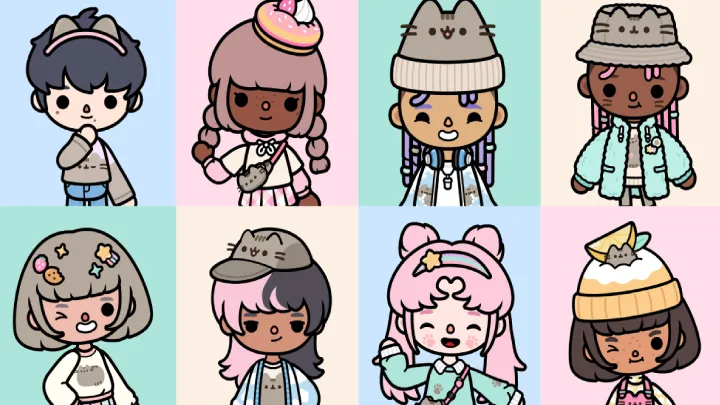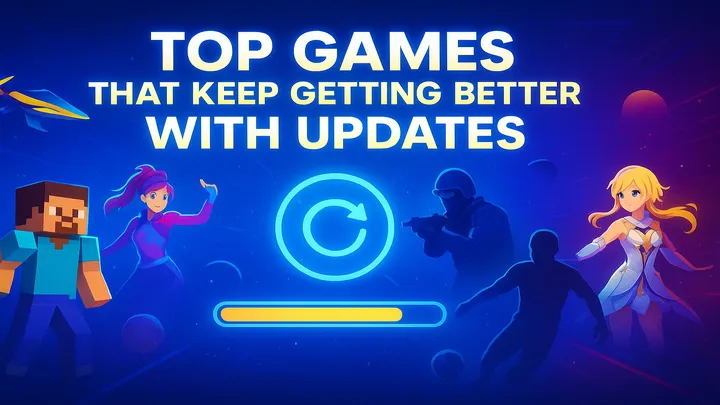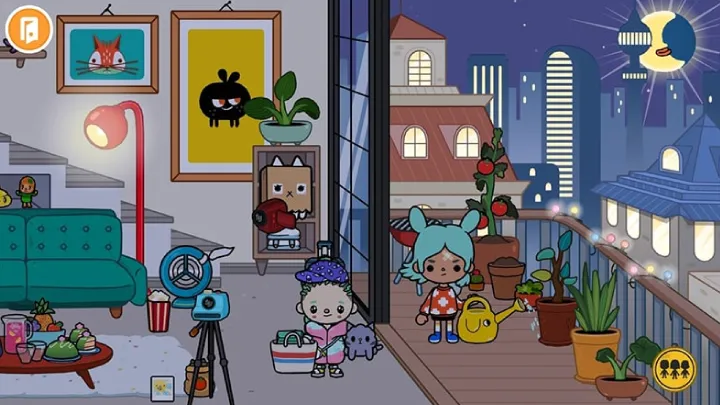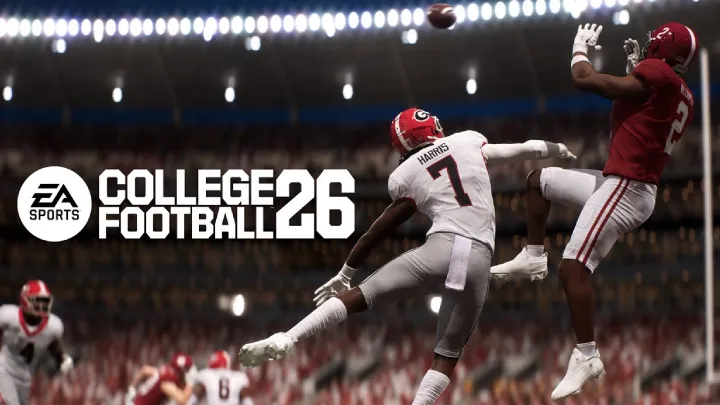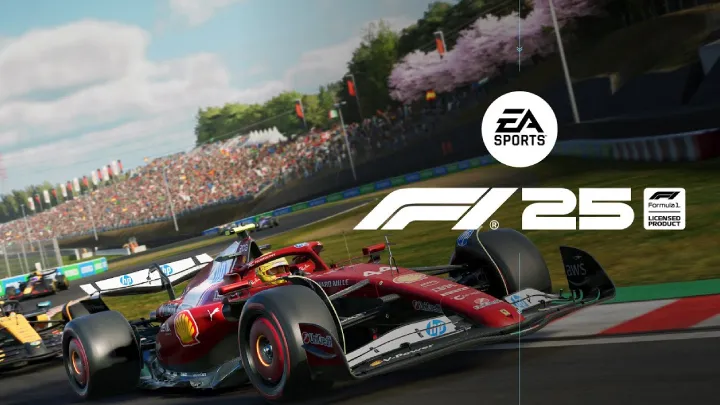Introduction
Fantasy RPGs have long been the backbone of gaming, captivating players with sprawling worlds, epic quests, and stories that shape imaginations across decades. Unlike shooters or sports titles that rely heavily on mechanics, fantasy role-playing games focus on immersion, character progression, and storytelling.
For generations, certain RPGs have defined how players experience adventure. They set industry standards, influenced countless titles, and built communities that thrive even today. This article explores the fantasy RPGs that define generations, analyzing their impact, strengths, and why they remain timeless classics.
1. Final Fantasy VII (1997)
The RPG That Became a Global Phenomenon
Square Enix’s Final Fantasy VII didn’t just revolutionize RPGs—it brought them into the mainstream. With Cloud Strife, Sephiroth, and Aerith’s unforgettable story, FFVII combined cinematic storytelling with deep turn-based gameplay.
Why It Defines a Generation
- First RPG experience for millions of players worldwide.
- Introduced 3D visuals and cinematic cutscenes to RPG storytelling.
- Emotional moments, like Aerith’s fate, became gaming history.
2. The Elder Scrolls V: Skyrim (2011)
The Open-World Standard
Bethesda’s Skyrim changed the way gamers viewed freedom in RPGs. Its massive open world, dragon battles, and endless quests allowed players to live another life in another world.
Why It Defines a Generation
- Infinite replayability with mods and fan content.
- A cultural phenomenon—“Fus Ro Dah” became a meme.
- Inspired a new era of open-world RPGs across genres.
3. The Witcher 3: Wild Hunt (2015)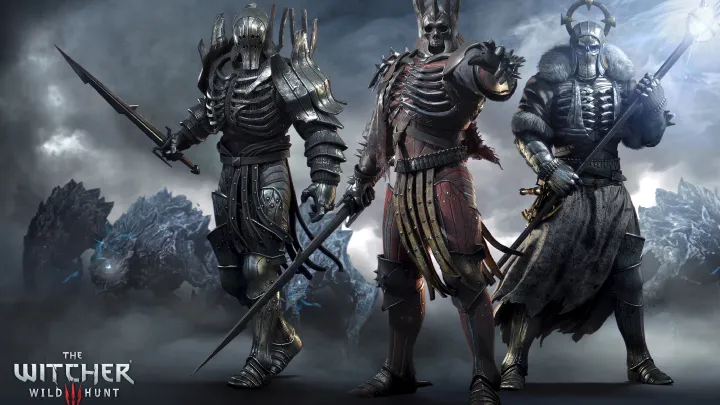
Dark Fantasy at Its Finest
CD Projekt Red’s The Witcher 3 is often hailed as the greatest RPG of all time. Players follow Geralt of Rivia through a morally complex world filled with political intrigue, monsters, and personal sacrifice.
Why It Defines a Generation
- Rich storytelling with morally grey choices.
- Immersive open world blending main quests with meaningful side stories.
- Elevated RPG standards for writing, voice acting, and world-building.
4. World of Warcraft (2004)
The MMO That Ruled Them All
Blizzard’s World of Warcraft (WoW) redefined online gaming. As an MMORPG, it created a virtual world where millions of players adventured, raided, and formed lifelong friendships.
Why It Defines a Generation
- Brought MMORPGs into mainstream popularity.
- Created legendary events like the first raids and expansions (The Burning Crusade, Wrath of the Lich King).
- A social and cultural phenomenon that shaped online gaming communities.
5. Dragon Age: Origins (2009)
Modern Classic of Party-Based RPGs
Bioware’s Dragon Age: Origins delivered a deep fantasy world full of politics, lore, and tough decisions. Its tactical combat and branching choices made every playthrough unique.
Why It Defines a Generation
- Choice-driven storytelling with impactful consequences.
- Complex party dynamics and character relationships.
- A spiritual successor to classic RPGs like Baldur’s Gate.
6. Dark Souls (2011)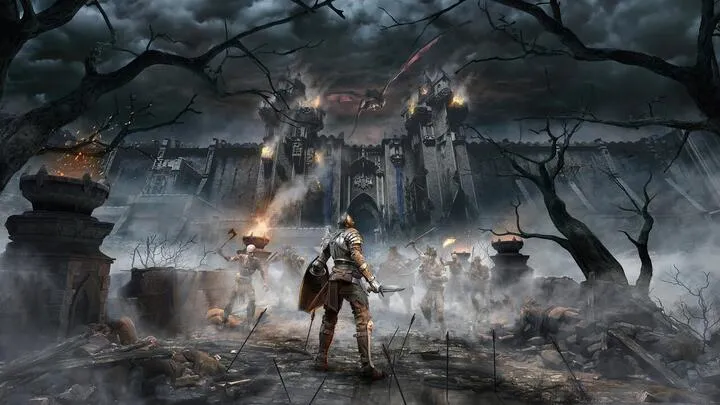
Birth of a New Genre
FromSoftware’s Dark Souls didn’t just challenge players—it defined a new generation of action RPGs. Its punishing difficulty, interconnected world, and cryptic storytelling became iconic.
Why It Defines a Generation
- Spawned the “Soulslike” subgenre.
- Rewarding mastery that inspired dedication and community growth.
- Redefined how difficulty and exploration shape immersion.
7. Baldur’s Gate II: Shadows of Amn (2000)
The Dungeons & Dragons Standard
Bioware’s Baldur’s Gate II remains a gold standard for RPG storytelling and mechanics, faithfully adapting D&D rules while delivering one of the best fantasy narratives ever.
Why It Defines a Generation
- Complex characters and branching dialogue.
- Tactical combat rooted in classic RPG systems.
- Inspired modern CRPGs like Divinity: Original Sin and Baldur’s Gate 3.
8. Chrono Trigger (1995)
The Timeless Classic
Square’s Chrono Trigger is often ranked among the greatest games ever. With time-traveling heroes, multiple endings, and innovative mechanics, it remains a masterpiece decades later.
Why It Defines a Generation
- Revolutionary use of multiple endings.
- Timeless art and music that still captivate players.
- Inspired countless JRPGs and is still referenced in modern gaming.
9. Diablo II (2000)
Loot, Grind, and Legacy
Blizzard’s Diablo II set the foundation for action RPGs. Its addictive loot system, dark gothic atmosphere, and endless replayability made it legendary.
Why It Defines a Generation
- Established the ARPG loot-driven formula.
- Cult following that influenced modern games like Path of Exile.
- Still played today thanks to remasters and mods.
10. Persona 5 (2016)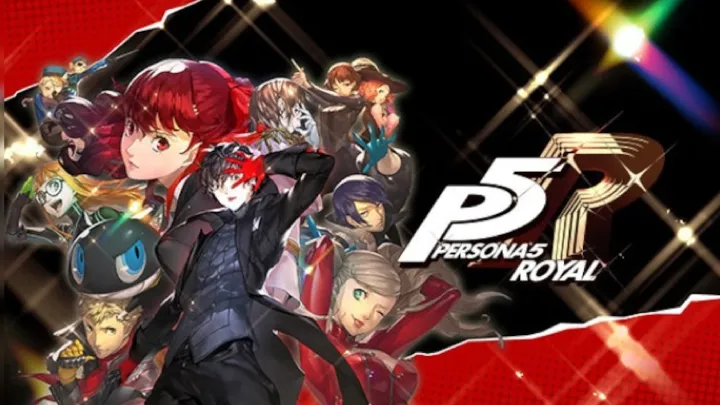
A Stylish Take on JRPGs
Atlus’ Persona 5 brought style, music, and modern Japanese culture into a fantasy RPG framework. Players live a double life—balancing school and social life while fighting in a supernatural realm.
Why It Defines a Generation
- Stylish visuals and unforgettable soundtrack.
- Unique blend of everyday life simulation and fantasy battles.
- Popularized the Persona series worldwide.
Conclusion
Fantasy RPGs aren’t just games—they are experiences that define generations. From Final Fantasy VII’s groundbreaking cinematic storytelling to The Witcher 3’s deep moral choices, and from WoW’s community-driven world to Dark Souls’ challenging legacy, these titles shaped the way players experience adventure.
Every generation of gamers has its defining RPG, and together, they form a timeline of innovation, storytelling, and emotional resonance that proves fantasy RPGs are timeless.






